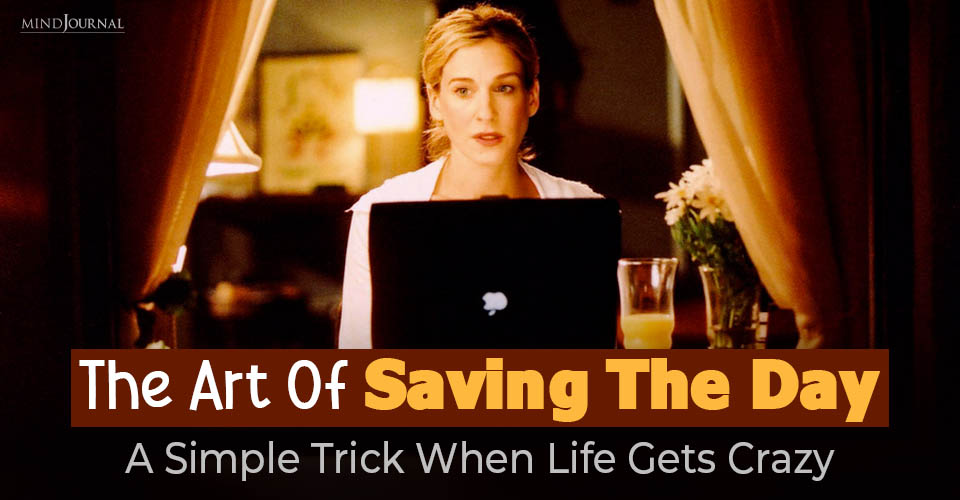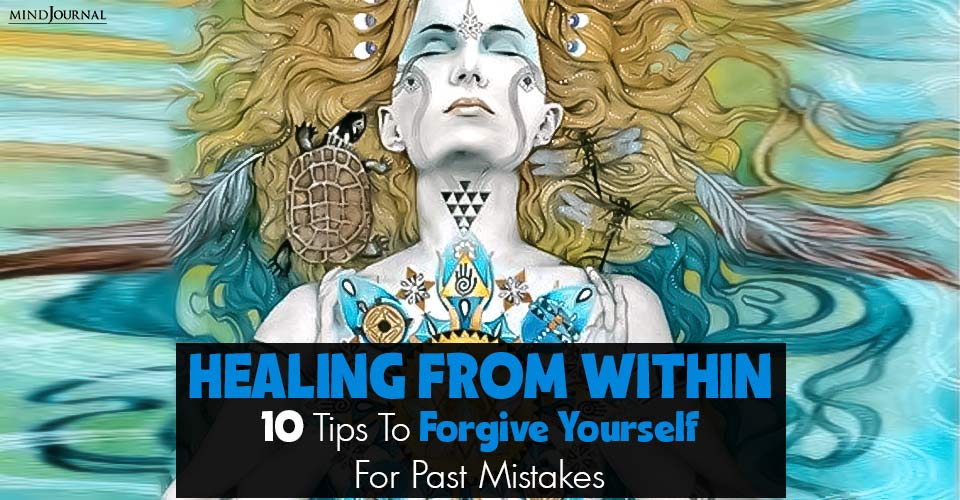STRESS – Teens and young adults today are more stressed, anxious, depressed, and lonely than ever – at least in the United States. At first glance, it’s hard to wrap your head around this fact. This post covers self-care tips for teens and young adults in stress.
No one really knows the root cause, but it seems to be a perfect storm of several factors. While many experts have pointed to digital and social media, the data just don’t support this as the sole or even most important source of the problem.
Additional forces plaguing Gen Z and college-age Millennials include worries about their future, from climate change to economic and job uncertainty; concerns about image; academic pressures to meet or exceed perfection; and being over-scheduled with demands to “do it all” – school, community service, sports, arts, family, and religious activities, etc. Others are lured by the endless array of compelling on-demand TV series to binge-watch, or video games to play – often alone.

Gen Z and Millennials are also becoming more aware of mental health challenges, particularly their own anxiety and depression. And, most scary is that depression and suicide are on the rise and have reached an all-time high.
I don’t intend here to propose any grand solutions to these problems. But given the situation, let’s consider how young folks can take care of themselves and cope with the many stresses they face.
Here are some things that can be included in a toolbox to promote well-being. Many of these are in the Clay Center Videos on Middle School, High School, and College Self-Care .
Here are 11 tools for Self-Care for teens and young adults:
1. Carve Out Time.
This is the basic pre-requisite for just about all the ways to take of yourself. You need time, and it has to be part of a daily routine. It’s not always easy to set time aside with everything going on in life, but learning to carve it into your schedule is necessary. If you start now, it will become a habit. Many of the activities below don’t require a lot of time – some only take up 15-20 minutes in your day. It’s the regularity that counts.
Read What’s Your Coping Style? How to Manage Stress the Right Way
2. Meditation.
This is one of the best self-care activities. We’ve come a long way from meditation being considered hocus pocus. Mindful meditation has proven to change the structure and function of the brain, and it’s a fabulous way to promote relaxation while reducing anxiety, depression, and stress. It can be learned in person with an expert, or online (there are plenty of YouTube instructional videos or smartphone apps). This is something you can do anytime in any place, whenever you need it!

Read Mindfulness Meditation For Panic Disorder Relief
3. Yoga.
Yoga and other types of Eastern methods of self-care activity involve stretching, improving flexibility, connecting mind and body – all of which are helpful for stress reduction and wellness, and have been used extensively for thousands of years. The best way to learn Yoga is through a studio, but you can also do so from videos online.
Read The Ultimate Guide to the Best Types of Yoga Poses
4. Exercise.
Working out comes in many forms. There’s training for strength, endurance, and aerobic activity (getting your heart beat up). But simply walking 2 miles a day is great self-care exercise – plus it gets you outside! Exercise not only gets you physically fit, but it’s a natural way to help decrease depression and anxiety.
5. Get Some Sleep.

Easier said than done, but sleep deprivation is detrimental to a person’s thinking, and their physical and emotional state. Most young people need eight to nine hours of restful sleep to function at their best. It’s not easy fitting this into a schedule filled with academic, social and recreational activities, but it sure has a big payoff.
Read 13 Terrifying Health Effects of Sleep Deprivation
Try to have as regular a sleep schedule as possible, and you’ll generally find that your “biological clock” will remember when to fall asleep and wake up.
6. Creative Expression.
Choose a creative outlet to convey your thoughts and feelings. This could be journaling, writing poetry, painting or drawing, doing photography, dancing, or playing music. The key here is channeling your emotional state through an art form. While some may choose to do this seriously and take lessons, self-taught artists of all kinds also get the job done. And, don’t strive for perfection! Simply immersing yourself in creative arts as self-care activity can ward off adverse thoughts and feelings.
7. Play With A Pet.
If you are lucky and can have a pet, there may be few better ways to foster self-care . If you have one, you know what I mean. Cuddling with a pet, taking care of them, and feeling their unconditional love is something we rarely experience on such a consistent basis.

8. Meet And Communicate With Friends.
Research has found that meeting with peers and talking about what’s going on with you — including past events you’re still processing — prevents burnout and promotes well-being. Group connections are so important for fostering resilience and releasing chemicals in the brain that support well-being. And the activities don’t have to be just talking.
Things like doing art projects together, playing with slime, or gaming ( Dungeons and Dragons is having a huge comeback!) all work. And despite the pressure to have huge numbers of “friends” or “followers,” it only takes a few special friends to make a big difference in your life.
9. Appreciate Nature.
There’s a reason we treasure our state and national parks, waterways, and beaches. Think of the times you enjoyed a great sunrise or sunset, took a scenic hike, rode your bike in a park, played in the snow, or just took a walk around your neighborhood. Remember how it felt? There is something to our relationship with the outdoors that makes us feel good if we can allow ourselves a few minutes not to rush or be disturbed by our ring tones.
10. Turn Off Smart Phones (At Least For Part Of The Day).
It’s hard. But really, you don’t need it on constantly, as if it’s stitched to your side. You can take a break, even for just part of the day. There may be some withdrawal or anxiety about not being right there for what you think is critical but just stop and think. How many texts, Instagram stories, or other digital communications do you need to see immediately? Very few! Once you try it, you may actually find it refreshing to have a break from the constant notifications.
Read Our Brains on Smartphones, (Un)social media, and Our Mental Health
11. Do Something For Someone Else.
Our brains are wired for giving. In fact, the chemicals released by the brain during the process of giving is far more rewarding than when we receive gifts. Joining in even small local efforts, such as in community centers, soup kitchens, geriatric life centers, children’s hospitals or after-school programs – all foster the feeling (and reality) that you are making a positive impact on another person’s life.
Bottom line: In all times, we need ways to help maintain our ability to cope. Self-care techniques are fundamental for preventing stress before it strikes, and are fundamental for sustaining our equilibrium during hard times.
Please share this article with anyone who you may think will find it valuable and helpful.
This article originally appeared on and was written by the author (Dr. Gene Beresin) for the Clay Center for Young Healthy Minds. Republished with permission.










Leave a Reply